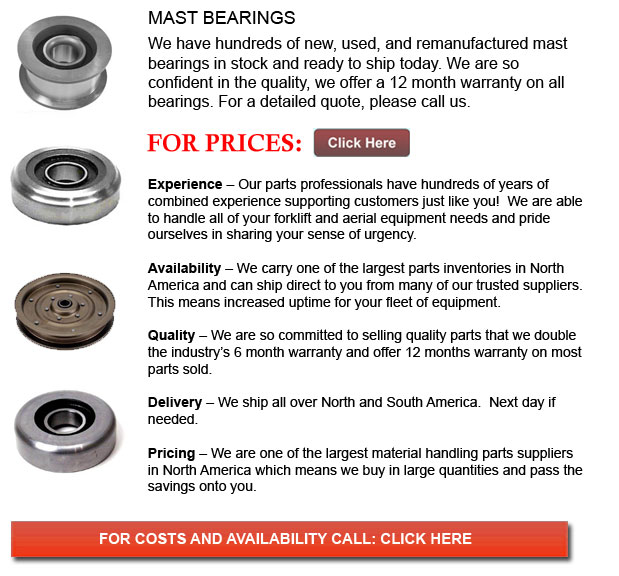
Mast Bearings - A bearing enables better motion among at least 2 parts, typically in a linear or rotational procession. They could be defined in correlation to the flow of applied cargo the could take and according to the nature of their operation
Plain bearings are extremely generally utilized. They use surfaces in rubbing contact, usually together with a lubricant like graphite or oil. Plain bearings may or may not be considered a discrete tool. A plain bearing could comprise a planar surface which bears one more, and in this particular situation would be defined as not a discrete device. It may have nothing more than the bearing surface of a hole with a shaft passing through it. A semi-discrete example will be a layer of bearing metal fused to the substrate, whereas in the form of a separable sleeve, it will be a discrete device. Maintaining the right lubrication allows plain bearings to provide acceptable friction and accuracy at the least expense.
There are other bearings which could help improve and develop effectiveness, reliability and accuracy. In numerous applications, a more appropriate and specific bearing could improve operation speed, service intervals and weight size, thus lessening the whole costs of operating and purchasing equipment.
Many kinds of bearings along with various material, application, lubrication and shape exist in the market. Rolling-element bearings, for instance, use spheres or drums rolling between the parts to be able to lower friction. Reduced friction provides tighter tolerances and higher precision as opposed to plain bearings, and less wear extends machine accuracy.
Plain bearings could be constructed of plastic or metal, depending on the load or how dirty or corrosive the surroundings is. The lubricants that are utilized may have drastic effects on the friction and lifespan on the bearing. For instance, a bearing can function without whatever lubricant if continuous lubrication is not an alternative since the lubricants can be a magnet for dirt that damages the bearings or equipment. Or a lubricant may improve bearing friction but in the food processing business, it may need being lubricated by an inferior, yet food-safe lube in order to prevent food contamination and ensure health safety.
Nearly all bearings in high-cycle uses require some cleaning and lubrication. They may require periodic modification to be able to lessen the effects of wear. Several bearings could require occasional maintenance to prevent premature failure, although magnetic or fluid bearings may need little preservation.
Extending bearing life is often attained if the bearing is kept well-lubricated and clean, even though, some kinds of operation make constant maintenance a difficult task. Bearings situated in a conveyor of a rock crusher for example, are constantly exposed to abrasive particles. Frequent cleaning is of little use because the cleaning operation is costly and the bearing becomes dirty once more when the conveyor continues operation.
![]() Click to Download the pdf
Click to Download the pdf
Forklift Parts
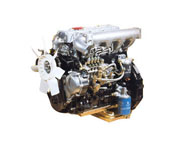
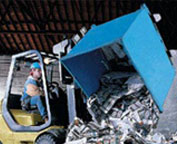

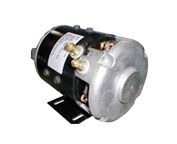
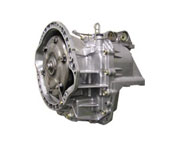
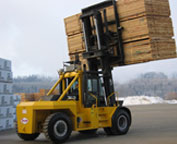
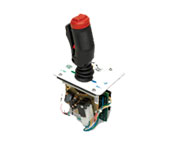

Lift Parts Express
TOLL FREE: 1-888-695-7994
forkliftpartsalberta.com
Email Us
About Us


